Australia’s educational performance has been in decline since the 1970s, but this is no accident. It is by design, curriculum design to be specific.
When the Australian Curriculum, Assessment and Reporting Authority released its new draft curriculum there was a barrage of deserved criticism about proposed changes.
I feel sorry for Alan Tudge, the Education Minister, who is obviously unhappy with the proposed amendments, but he has little leverage over the curriculum. The way the board of ACARA is set up its governing body is constituted by representatives of all the states and territories, as well as the Commonwealth. Inasmuch as educational faddism is identified with the Labor party, the faddists have a 5 to 4 advantage at the moment.
My problems with the review start with the old curriculum, and go deeper than the changes in the new curriculum.
One of my major issues is the intrusion of inappropriate ideologies into the school curriculum. I use the word “inappropriate”, because education should have a worldview. It should be based on empirical intellectual inquiry and open discussion. It should teach values like the inherent worth and dignity of all people (otherwise you end up with argument from authority rather than empirical inquiry).
When we say we want education to be secular, the word doesn’t just mean that it shouldn’t entrench any religion, we mean that it should be evidence-based and materialistic, teaching facts and methods of rational analysis. That is not a neutral position, it is an ideological one, but it is an ideology that has served our culture well and which has contributed to it being the richest society ever, and I don’t just mean in a material sense.
There are a lot of ways that ideologies contrary to that notion of a secular, empirical education have invaded the education system, but two of the most obvious are the requirement to teach “sustainability” and “Aboriginal and Torres Strait Islander Histories and Cultures” across all subject areas.
Before getting to why they are ideological, these are actually subject areas in their own right. “Sustainability” appears to be most broadly ecology, and more narrowly climate “science”, conservation, or things like recycling. ATSI histories and culture is most properly anthropology.
So, just on a discipline basis they don’t belong in English, foreign languages, or mathematics, and teachers in those disciplines are not going to be qualified to teach them. Sustainability might have some place in geography, biology, chemistry and physics, at the margins, and ATSI might have some place in history or geography, but again, not throughout the curriculum, and again teachers are unlikely to be qualified.
One of the most significant complaints from teachers is that the curriculum is too crowded. Putting these unrelated issues into subject areas which are complex and difficult to learn on their own terms is not going to make the curriculum any less crowded.
There are a number of sites dedicated to providing resources for teaching sustainability and ATSI history and culture like https://sustainabilityinschools.edu.au/teaching-resources or https://www.coolaustralia.org/. When you look at their curriculum resources you realise how much time is being eaten up in disciplines by material that is tangential at best to mastering the skills to master the subject.
When you look closer you will also see the ideological nature of the curriculum.
There is a lot of value in its own right in studying Aboriginal culture. This is a window back into human prehistory. Taught properly, it should provide an insight into how far humanity has come, but also how much modern societies still share with stone age ones. It should also provide an insight into the conflict between European settlers and indigenous that continues to this day. As well as lessons as to what happens if you can’t secure your own borders.
But that could be taught in a couple of units spread over all the years of schooling. Afterall, World Wars I and II also provide us valuable insights, particularly useful at a time of rising Sino militarism, but it is only taught over a few units, and then only to those students studying history.
And that isn’t what is being taught anyway. The materials don’t portray the totality of aboriginal life but provide a bowdlerised, sentimental, Rousseauvian version where later settlers are implicitly the villains. This is ideology, not history, or anthropology.
There could also be a lot of value in its own right to studying aspects of climate science. Certainly chemistry and physics classes could profitably include reference to radiation, wavelengths, optical thickness, absorption bands, phase change of water, to name just a few. But that is not how climate science is taught. Instead of being a science, it is taught as a set of beliefs. And how could it be anything else if you are going to force, say, English teachers (most of whom are unlikely to have even basic physics) to incorporate it into their lessons?
So we get the incoherent Climate Strikes where children protest, often under direction from their teachers, that we need to do more about climate change, without any idea of how this might be achieved. They presumably never make the link that without technological innovation, which takes time, the only way to go carbon neutral immediately would be to live an aboriginal lifestyle, which would be quite literally murderous. The carrying capacity of Australia under modern Western management is currently better than 25 million, but under Aboriginal management it was never more than one million, and possibly much less. Only the top 4% would survive, if that.
Well, that might be partly an exaggeration. We might manage a few million more without significant CO2 emissions via nineteenth century agricultural techniques, although it would be difficult to adjust to them, because you wouldn’t be able to dial up explanatory YouTube videos for handy how-to advice.
But the death toll in either scenario would be catastrophic.
We also wouldn’t control our own country for very long. Australia’s security depends on us being a rich country with a standard of living sufficient to produce primary produce that the rest of the world needs. They might be prepared to let us starve ourselves to death, but they wouldn’t let us keep our resources in the ground or the field so they could starve to death too, they’d come and harvest them for us.
But if you take Western history out of the curriculum and replace it with ATSI history and culture, and real science and replace it with climate “science”, kids aren’t going to be able to work this out for themselves. One day the kids will be running the country, and without a properly ideological education, they’ll be running it into the ground, quite literally.
Graham Young is Executive Director of the Australian Institute for Progress and founder and editor of On Line Opinion.
Got something to add? Join the discussion and comment below.
Get 10 issues for just $10
Subscribe to The Spectator Australia today for the next 10 magazine issues, plus full online access, for just $10.

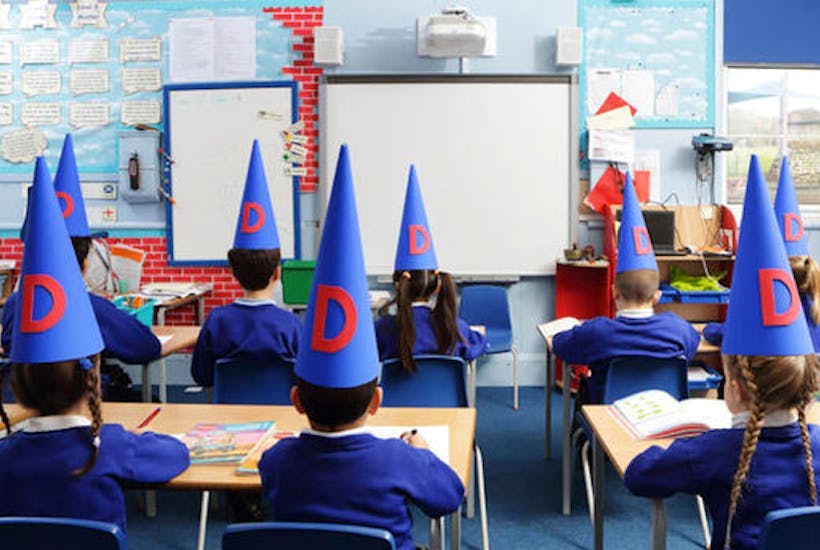
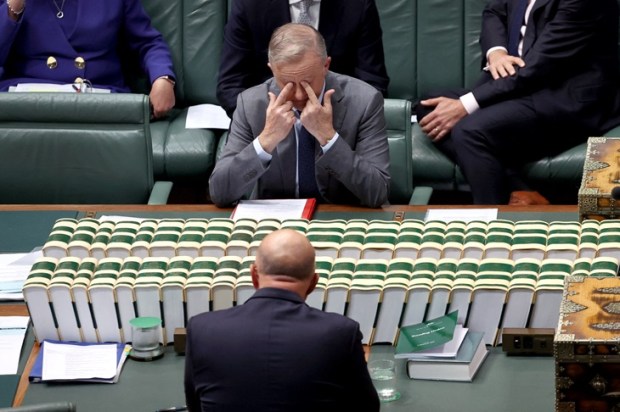
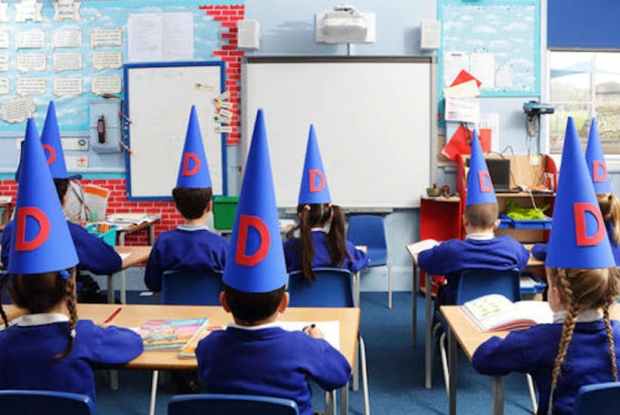
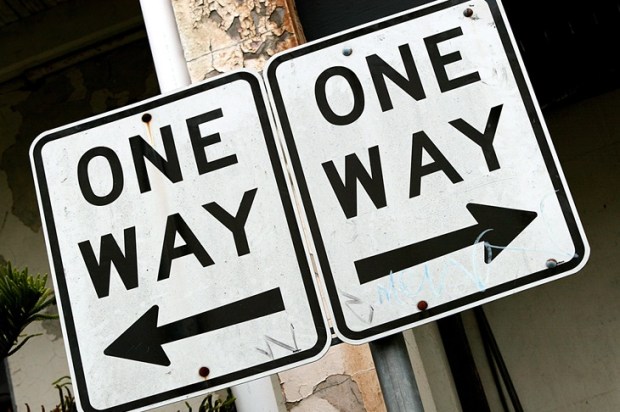

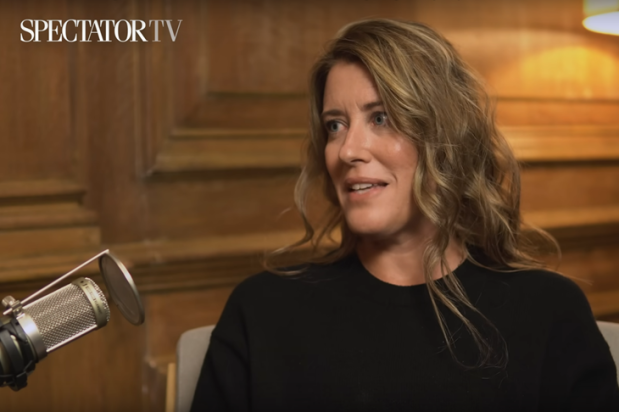
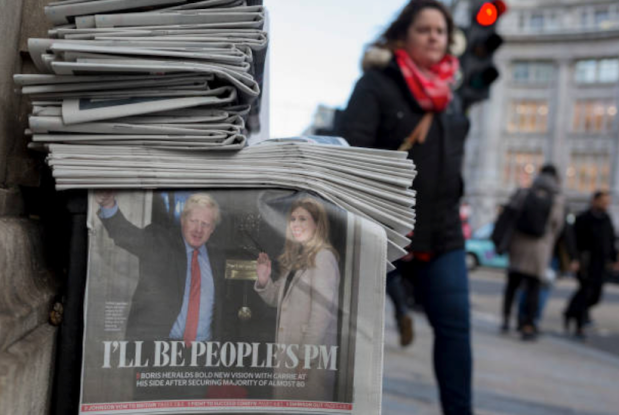


















Comments
Don't miss out
Join the conversation with other Spectator Australia readers. Subscribe to leave a comment.
SUBSCRIBEAlready a subscriber? Log in